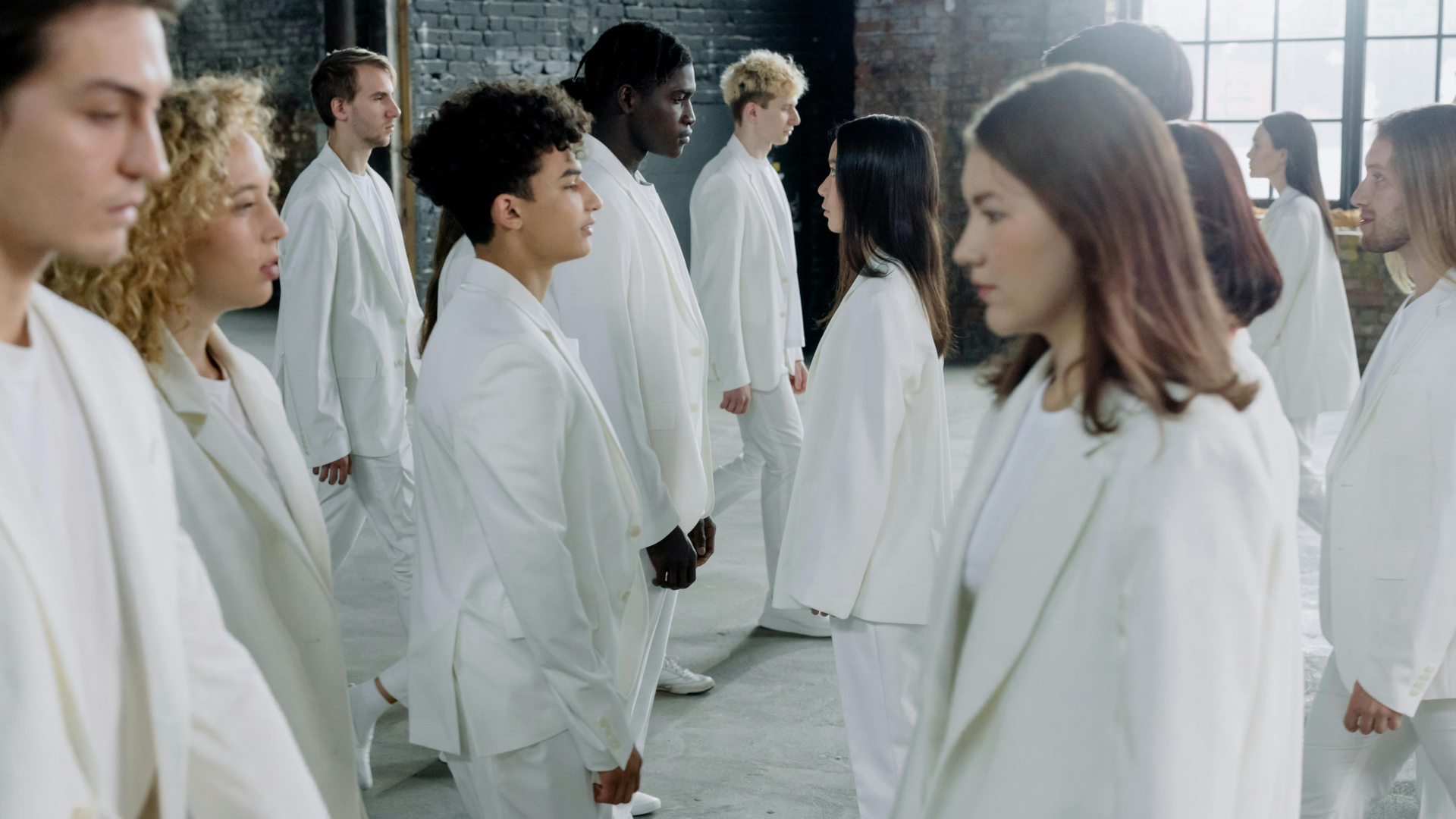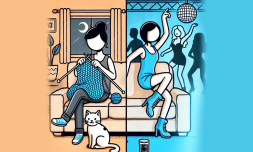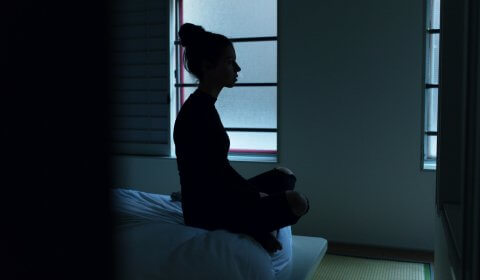A few days ago, I was scrolling through TikTok and noticed the trending audio being used amongst fashion influencers was, ‘You have no personal style because you have no hobbies’.
As much as it hurts to hear it, and despite how much I’ve avoided accepting it, it is true to a certain extent.
Before discussing this, it’s important to acknowledge that not everyone has the time or financial resources to pursue hobbies. We should still strive to explore what we enjoy and what resonates with us.
Style and identity are intertwined since both are shaped based on our circumstances, weather, jobs, country, likes, dislikes, and lifestyle.
And while some of our tastes can be deemed as cringe by others, the reality is that sooner or later that thing you enjoy and others consider weird is going to become mainstream.
A great example of this is the famous Ita bags, which were often bought by collectors of cute stuff, K-pop and J-pop stans, anime lovers, and anyone belonging to a fandom.
These bags have transparent spaces where you can put a curated collection of your fan merch or any of your favorite personal items.
Of course, many people saw these items as cringe and weird. Until the bag charms were introduced, that is.
Now the overall concept is still the same, except you can choose the bag of your preference and you are also expected to decorate the bag with the same “trending” charms as everybody else.
Very quickly, this made Ita bags become just another microtrend, overshadowing the original idea which was based on building a unique collection over time instead of acquiring many items in a single purchase.
This brings us to the next question. Are we only replicating the style of others because we want our lives to be similar to the ones who we admire or envy?
The answer to the second question is something that I’ve been reflecting on for some time.
While it seems ridiculous to think thousands – if not millions – of people would copy makeup or clothing style just because they want to be or have what others have, we can’t deny that the unrealistic side of social media has made users feel and act out of great admiration or envy.
Several content creators who have announced across various platforms that they want a simpler life, with a regular office job, private relationship, and a family, have been bullied off the internet for not “wanting more”.
Other content creators have accidentally garnered a huge amount of attention that turned them into influencers overnight, even though they used to reject the social media influencer lifestyle.
I would love to be able to reach a conclusion about how we as a society could solve this, but I’m doubtful that we can solve this as a group when being a group is what got us into this.
What we can do is just start to be ourselves, choose what we like – not what others want from us. Be ridiculous, but be you. Not caring is indeed an art that we need to master, but we need to start somewhere.
While the internet can be a huge source of inspiration and knowledge, social media is mostly detrimental to us, our styles, and our mental health.
Wearing something an influencer wore won’t give us her life, but wearing something we like will give us happiness, confidence, and trust in ourselves.
And that is a thousand times more beneficial than pretending.




















